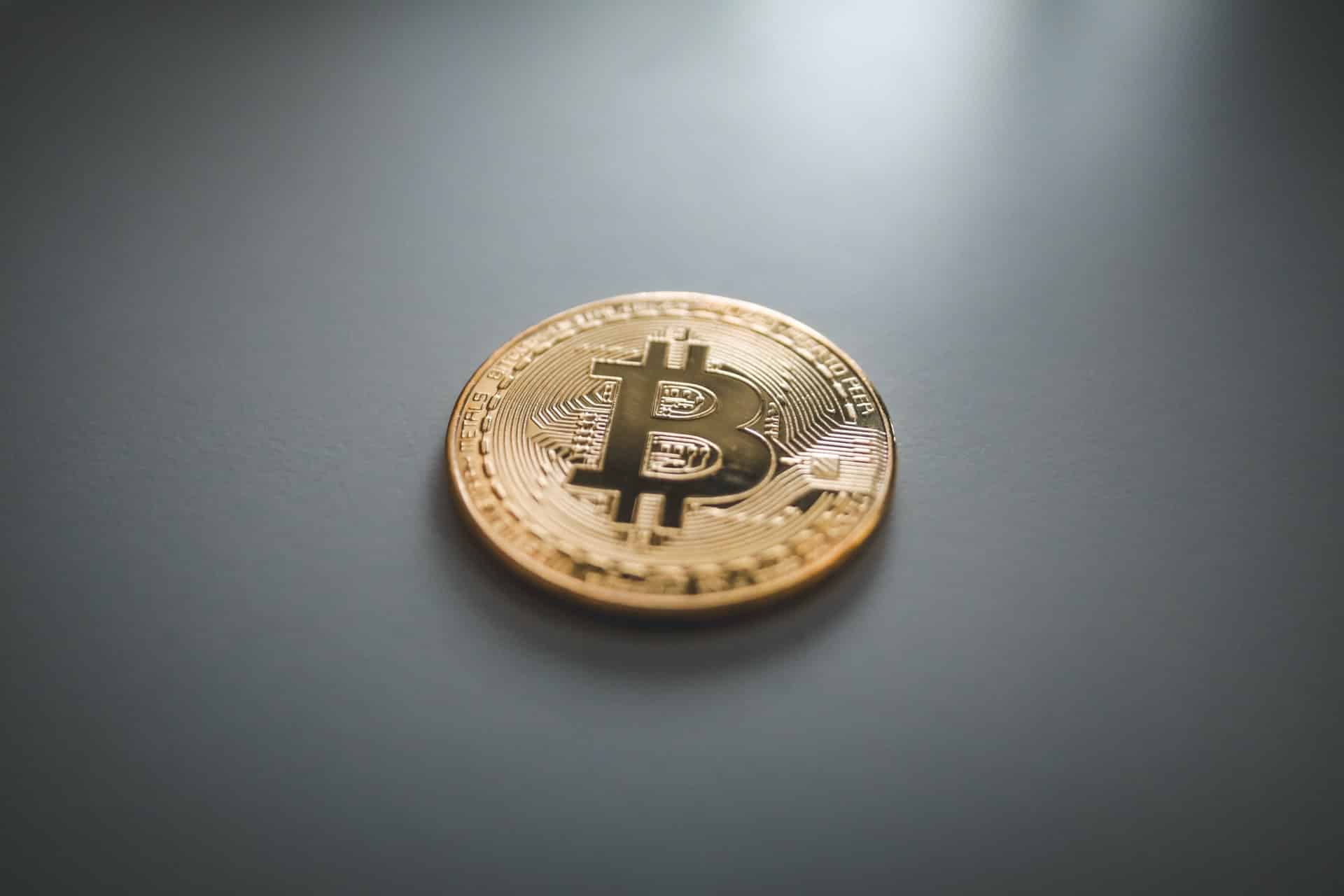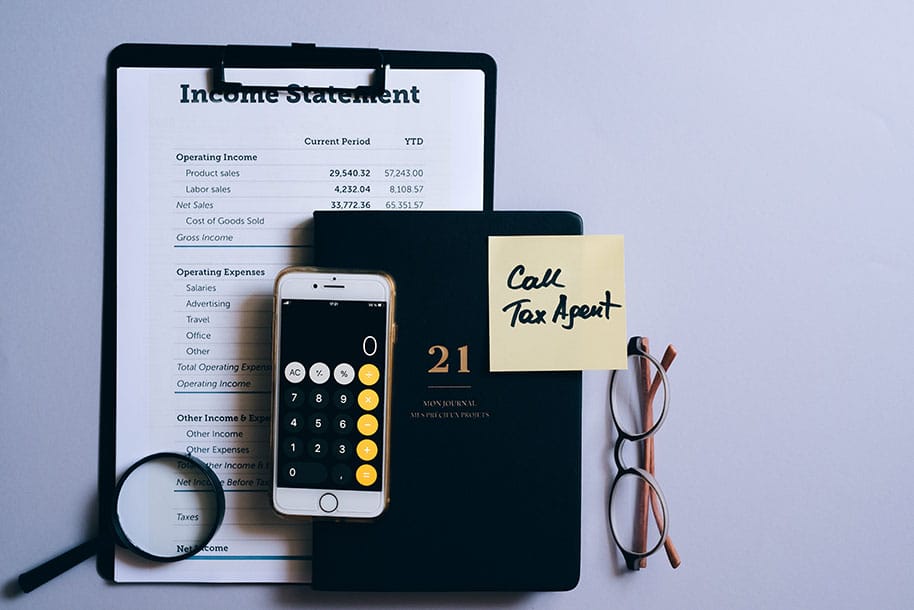Introduction – CRA’s Court Order against Coinsquare
On September 18, 2020, the CRA filed a Federal Court application against Coinsquare in order to compell the Toronto-based cryptocurrency platform to disclose tax information related to its customers. We covered this issue in depth here (https://taxpage.com/articles-and-tips/cra-wants-coinsquare-to-disclose-confidential-client-info/)
Following a Federal Court ruling on March 19, 2021, the Canadian tax litigation lawyers for CRA and Coinsquare have reached an agreement on the scope of the disclosure. Coinsquare is a Canada-based cryptocurrency exchange platform that was founded in 2014. It enables its users to trade cryptocurrency using both digital assets and fiat currency This article will first breakdown the ruling and then analyze what it means for Canadian taxpayers who have cryptocurrency holdings.
CRA’s Amended Disclosure Request
The disclosure request contained in the March 19, 2021 court order is likely the result of negotiation between Canadian tax litigation lawyers for the CRA and Coinsquare as it had a narrower scope than what was initially reported. The CRA initially sent Coinsquare a disclosure request for all data on all of Coinsquare’s cryptocurrency customers dating back to 2013.
In the current request approved by the Federal Court, the CRA requested Coinsquare to disclose information regarding the following customers:
First, CRA requested information on customers with Coinsquare accounts with a value of $20,000 Canadian or more on the following eight dates:
- December 31, 2014,
- December 31, 2015,
- December 31, 2016,
- December 31, 2017,
- December 31, 2018,
- December 31, 2019, and
- December 31, 2020.
That is to say, CRA requested information from customers with accounts valued at over $20,000 Canadian dollars at the end of the year for each year from 2014 to 2020.
Second, CRA requested information from customers with a cumulative deposit of over $20,000 Canadian dollars since they opened their account with Coinsquare.
Third, CRA requested the 16,500 largest accounts by trading volume between 2014 and 2020. Trading volume here is defined as both number of coins traded and the number of trades.
The information CRA was seeking to compel from Coinsquare related to these cryptocurrency customers is the list of their accounts, a detailed list of all deposits and withdrawals for these accounts, a detailed list of all trading activities, a list of deposit addresses, as well as any other information Coinsquare may have relating to these customers.
The Court Order
In a short court order, the Federal Court agreed with CRA’s disclosure request. Even though the CRA did not identify any names in its disclosure request, the Federal Court considered CRA’s request to be reasonable because the request was made against an ascertainable group of unnamed taxpayers. Furthermore, CRA’s request was made for the purpose of verifying their income tax compliance.
Coinsquare Case in Context
It is likely that the current agreement between CRA and Coinsquare was influenced by the outcome of the 2017 litigation between the IRS and Coinbase in the US. As we discussed in the linked article above, after a much broader initial disclosure request made by the IRS, the US Court allowed IRS to only compel disclosure for customers trading over a certain amount ($20,000 USD) over a specific period.
Here, CRA’s amended disclosure request made references to a $20,000 CAD threshold in three different ways to ensure as many taxpayers as possible are disclosed to them while remaining in line with the requirement of having an ascertainable ground. Furthermore, CRA also added additional criteria for Coinsquare to disclose 16,500 of its customers with the highest trading volume.
This current disclosure request confirms the ruling from Canada v. PayPal Canada Co. and Canada (National Revenue) v. Roofmart Ontario Inc. that CRA is permitted to compel third-party information disclosure against a class of unnamed taxpayer even when the group size is very large. All CRA needs to show is that the group is ascertainable, and the request was made for the purpose of conducting audits.
What this Means for Canadian Cryptocurrency Holders
As we alluded to in the US case, CRA’s disclosure request made against Coinsquare is a part of the global trend of tax revenue agencies compelling cryptocurrency exchange platforms to disclose customer information.
While we do not know for certain, it is likely that the information obtained by CRA will be shared with other countries under global tax enforcement networks such as the Joint Chiefs of Global Tax Enforcement between Canada, Australia, the Netherlands, the UK, and the US. This means information from overseas cryptocurrency exchange platforms may also be compelled under similar conditions and shared with the CRA under these tax enforcement agreements, and they may be used to audit Canadian taxpayers with cryptocurrency on foreign exchange platforms.
Filing a Voluntary Disclosure Application can Help
For Canadian taxpayers with potential cryptocurrency-related non-compliance issues, time is of the essence to consider the voluntary disclosure program before potential CRA tax audits.
The general eligibility criteria for CRA’s voluntary disclosure program (VDP) is the following:
- Voluntary: the CRA must have no prior knowledge about the taxpayer’s tax owing.
- Complete: the taxpayer must disclose tax information on all tax years in which his or her filings were inaccurate.
- Tax Owing: the taxpayer must owe tax to the CRA due to inaccurate filings.
- One Year Past Due: the taxpayer can only disclose information for tax years that is at least one year past the filing due date.
If the general eligibility criteria are met, the Canadian taxpayer must demonstrate favorable facts regarding the following four factors in order to take advantage of the penalty relief and interest relief of the general stream of the CRA’s voluntary disclosure program. These factors are:
- Any efforts made to avoid detection;
- The dollar amounts involved;
- The number of years of non-compliance; and
- The sophistication of the taxpayer
A successful voluntary disclosure made under the general stream program would result in penalty reliefs for all potential penalties as well as partial interest relief. The penalty relief can be particularly significant. If unreported income is discovered through tax audit, CRA can and often does levy the gross-negligence penalty which is 50% of the amount owing, as well as a late-filing penalties. Interest is charged on top of the tax and penalty amounts.
Pro tax Tip-Tax Guidance – Due Diligence and Compliance for Cryptocurrency
Our expert Toronto tax lawyers can provide tax guidance on the complex issues regarding your past cryptocurrency tax reporting and whether a voluntary disclosure application can be beneficial for you. We also have extensive experience with tax law characterization of cryptocurrency and can provide tax guidance as to whether transactions constitute capital gains versus business income, or perhaps both. We will always defend your rights in all dealings with the CRA. All consultations with our students and experienced Canadian tax lawyers will be confidential whether you choose to retain us or not, and privileged it you retain us.
FAQ
Does Coinsquare report to CRA?
The ruling of the Federal Court of Canada on March 19 favoring the request of CRA for Coinsquare to disclose their financial information. This ruling orders the crypto exchange firm to divulge its high-value accounts. Thus, Coinsquare is now mandated to report to CRA a percentage of their data, and it is expected
How much does Coinsquare charge per trade?
The Coinsquare trading fee depends on the platform you are using—Quick Trade, which provides instant trading service, or Bit Markets, a more advanced platform offering multiple order types. Quick Trade users pay 0.20% for BTC trades and 0.40% for Bitcoin trades. On the other hand, Bit Markets charge 0.1% for liquidity trades and 0.2% for trades that take off liquidity. They also charge a 2% fee for withdrawals.
Is Coinsquare taxable in Canada?
Coinsquare, or any cryptocurrency transaction per se, is taxable in Canada. Cryptocurrency is treated as a commodity for taxation. Any transaction involving crypto is treated as capital gain or business income, which is taxable in principle. The determination of the value of each transaction lacking direct value is based on market value.



